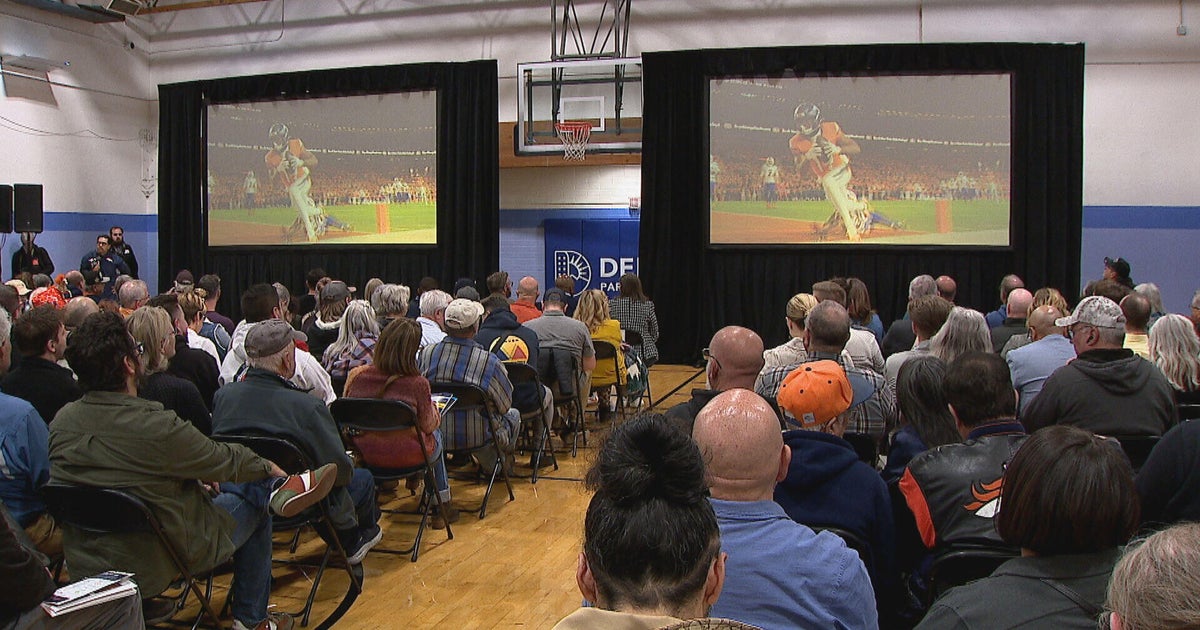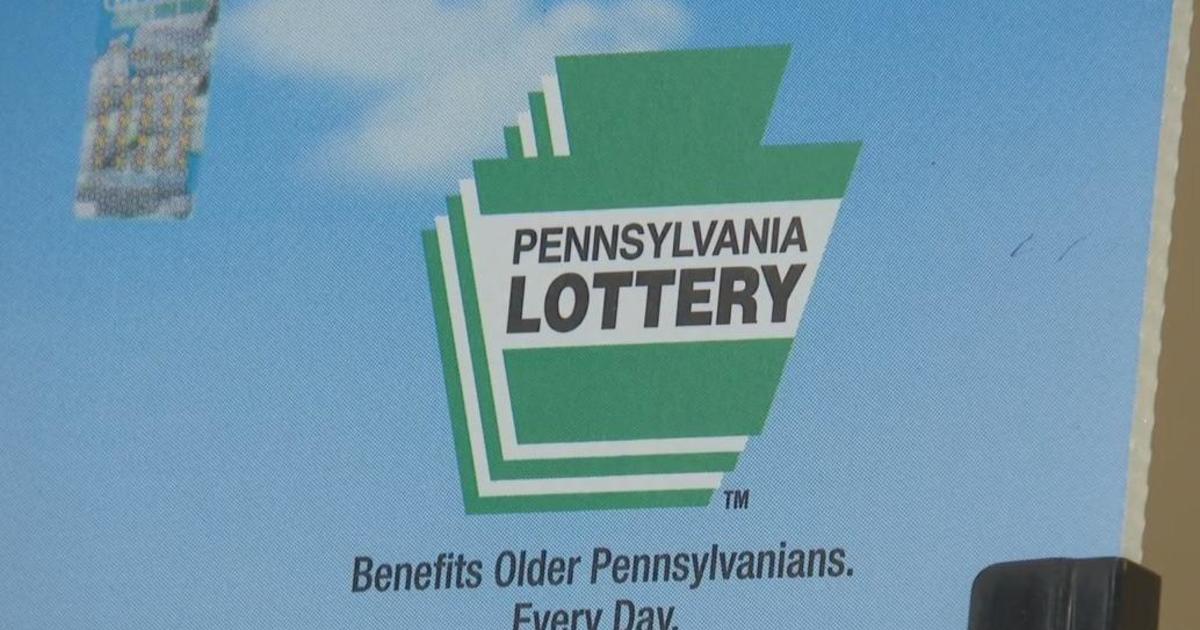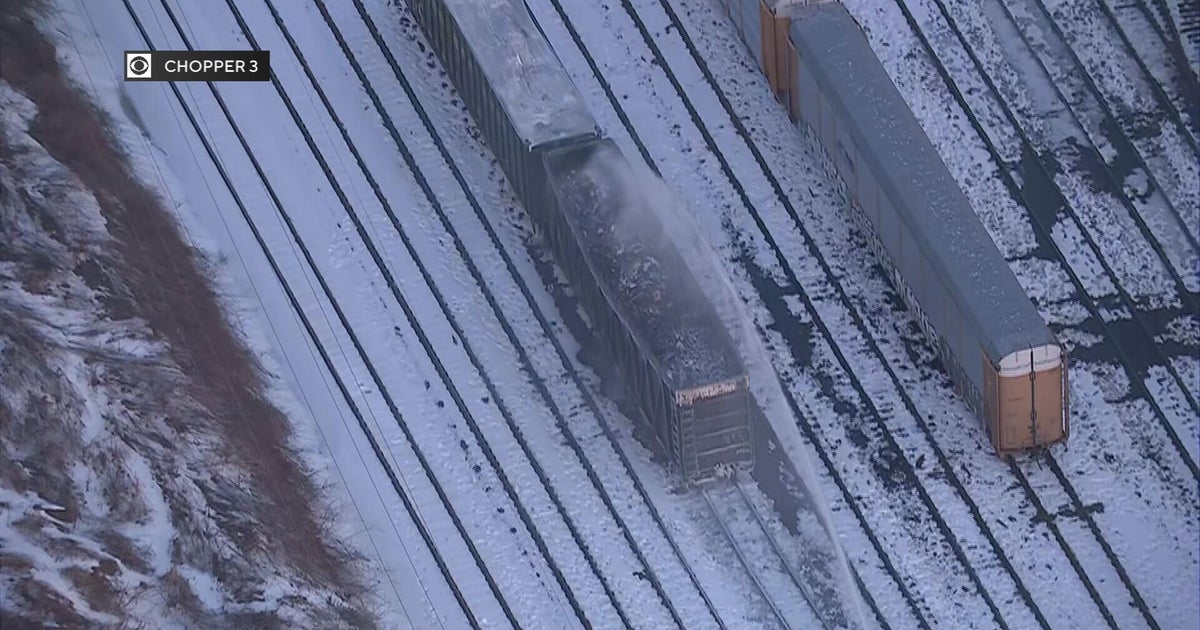CDOT Purchase Of Burnham Rail Yard To Relieve Transportation Pinch In Central Denver
DENVER (CBS4) -- A $50 million handshake between the Colorado Department of Transportation and the Union Pacific Railroad will send one of the last remaining large parcels in central Denver into the hands of engineers and planners - and push a tight, busy section of Interstate 25 toward a major overhaul.
CDOT announced Wednesday the purchase Burnham Yard, a rail facility dating back to the city's origins, as an important piece of its transportation future.
Between Alameda Avenue and 6th Avenue, 10 lanes of I-25 trace the eastern shoreline of the South Platte River while simultaneously tapping against the western easement of the freight tracks. CDOT estimated in a 2019 report that a quarter of a million vehicles use the corridor every day.
The Burnham Yard sits just north of the pinched area on the other side of 6th Avenue, like a cork on a bottle. Its acquisition sets the stage for relocation of the freight tracks farther east and thus expansion of the highway. It also adds the capacity for expansion of RTD's existing light rail system and the hoped-for addition of the proposed Front Range commuter rail system.
CDOT indicated it plans to use 17 of the Burnham Yard's 58 acres for this new rail and road.
The rest, presently zoned for industrial use, is slated for development. However, discussions are likely about some degree of preservation of the two dozen historic buildings on the site.
The railroad announced the closure of the Burnham Yard in late 2015, basing its decision on a sudden decline in the demand for coal.
The yard was established by the Denver & Rio Grande Western Railroad in 1871 - a year after the first train arrived in Denver, according to a Historic Denver report, and five years before Colorado became a state.
It was named after the chief financial officer of the Philadelphia company from which the D&RGWR purchased seven steam locomotives. The naming, evidently, was part of the payment.
The yard served as a manufacturing, maintenance and repair site.
"Union Pacific is pleased to have completed the sale of the Burnham Yard to the state of Colorado, as the property was no longer used for railroad purposes," railroad spokesman Mike Jaixen wrote to CBS4 Friday. "Colorado continues to be an important state for Union Pacific as we move the goods that America needs both into and out of the state. We operate a major network of east-west and north-south lines in Colorado through the Rocky Mountains and high desert, and will continue to transport commodities such as soda ash, beans, corn, grain and beer."
CDOT closed the deal with the help of the Colorado Office of Economic Development and International Trade. That agency is contributing $7.5 million toward the purchase. It will work with Denver officials to plan the development of the remaining property, CDOT stated in a press release.
Another $7.5 million came from the High Performance Transportation Enterprise, a state-owned business within CDOT that finances and manages Colorado's Express Lanes. HPTE officials applied for federal funds to complete the purchase of Burnham Yard in 2019, but declines in funding due to COVID-19 delayed any decision.
CDOT is financing the remainder of the purchase through a bank loan. It will take possession of the property by Tuesday.















